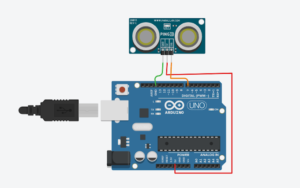Learn Constructors in Java With Examples for beginners
A constructor initializes an object when it is created. It has the same name as its class and is syntactically similar to a method. However, constructors have no explicit return type.
Typically, you will use a constructor to give initial values to the instance variables defined by the class, or to perform any other start-up procedures required to create a fully formed object.
All classes have constructors, whether you define one or not, because Java automatically provides a default constructor that initializes all member variables to zero. However, once you define your own constructor, the default constructor is no longer used.
Syntax
Following is the syntax of a constructor −
class ClassName {
ClassName() {
}
}
Java allows two types of constructors namely −
- No argument Constructors
- Parameterized Constructors
No argument Constructors
As the name specifies the no argument constructors of Java does not accept any parameters instead, using these constructors the instance variables of a method will be initialized with fixed values for all objects.
Example
Public class MyClass {
Int num;
MyClass() {
num = 100;
}
}
You would call constructor to initialize objects as follows
public class ConsDemo {
public static void main(String args[]) {
MyClass t1 = new MyClass();
MyClass t2 = new MyClass();
System.out.println(t1.num + " " + t2.num);
}
}
This would produce the following result
100 100
Parameterized Constructors
Most often, you will need a constructor that accepts one or more parameters. Parameters are added to a constructor in the same way that they are added to a method, just declare them inside the parentheses after the constructor’s name.
Example
// A simple constructor.
class MyClass {
int x;
// Following is the constructor
MyClass(int i ) {
x = i;
}
}
You would call constructor to initialize objects as follows −
public class ConsDemo {
public static void main(String args[]) {
MyClass t1 = new MyClass( 10 );
MyClass t2 = new MyClass( 20 );
System.out.println(t1.x + " " + t2.x);
}
}
This would produce the following result −
10 20
You May also Like
/*54745756836*/










